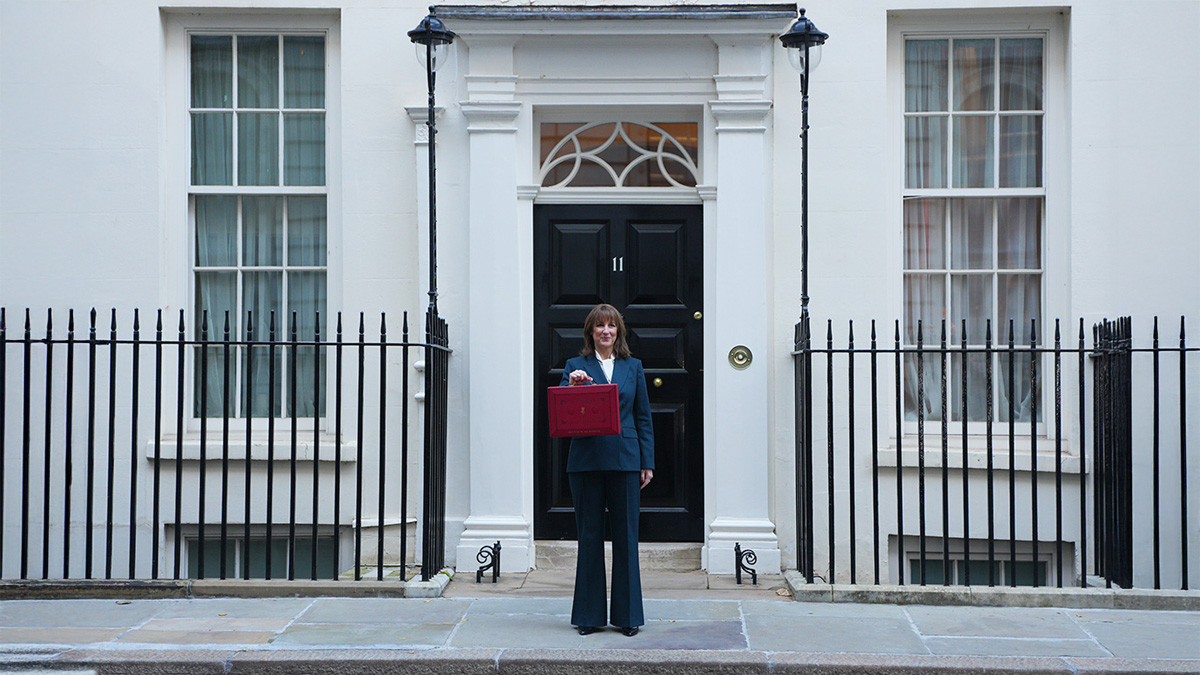
Richard and Judy, the duo who co-hosted "This Morning" between October 1988 and July 2001, met while working together at Granada TV in the North West of England. Their professional relationship evolved into something more, leading to 35 years of marriage.
This phenomenon is not uncommon as Forbes (2024) reports that over 60% of adults have experienced a workplace romance. This statistic mirrors a larger societal shift, aligning with the decreasing stock values of dating apps such as Hinge and Bumble, signalling a move towards real-life connections, potentially leading to increases in workplace romances.
Jessica Morgan, owner of Carnsight Communications met Steve Jefferys, executive coach at Your Shift while working at Tequila – an advertising agency in London.
“We’d talked in the lift but worked on different floors so had only spoken once or twice. It was at my leaving do that put us in the same space at the same time!”
Revealing just how prevalent dating at work is the pair have been to a lot of office marriages over the years, but Morgan said it was “easier to have a relationship and not work together.”
Relationships are going to occur in the workplace. Claudia Green, Founder of Scaling Up and advisor to over 40 companies, notes that despite companies implementing policies against personal relationships among employees, this typically does not deter individuals.
We spend most of our lives at work and if two consenting single adults have romantic feelings for each other, there’s very little business leaders can do to stand in their way, says Green.
“I worked at a company where the two employees informed HR and they placed them in different teams - I appreciate that’s not always possible but I think it’s a healthy approach. This couple in particular have now been married for 6 years and have two children,” she says.
Rather than treating office romances as taboo, Margot Faraci, a global leadership coach and senior executive who collaborates with UK blue-chip clients across Europe, the US, and Australia, encourages leaders to see office romances positively, seeing them as beneficial for performance, work culture, and employee commitment.
“When handled the right way, workplace relationships can bring people closer together and make them more engaged. Leaders might just see workplace romances as a savvy investment,” she says.
Offering a legal perspective, Michelle Last, an employment partner at Keystone Law advises that where employees' private life potentially impacts work, an employer can theoretically take action.
Last explains, “Employers are within their rights to seek to ban relationships at work and to require employees to disclose the fact they are in a relationship with a colleague. Whilst the employer cannot stop the relationship, it can determine how this is dealt with in the workplace.”
She also advises employers to implement a ‘relationship policy’, essentially a guideline for handling any issues. Without this, addressing relationship fallouts effectively might prove more challenging.
“Any workplace policy should be written. Without a written relationship policy in place, it may be unclear as to what action employers may legitimately and fairly take,” she adds.
For business leaders seeking to safeguard their business when romantic relationships end, preparation is crucial. Janet Harvey, a US executive coach certified by the International Coaching Federation, emphasises the importance of proactive policies to address issues before they escalate.
Acknowledging that problems navigating workplace relationships are universal, Harvey says that every company size within the three industries she serves - including financial services (UBS), healthcare (Intermountain), and technology (T-Mobile) - faces policy and practice challenges with workplace romance.
She recommends a “transparent and timely” conversation that allows all parties to be realistic about the “impact and influence” of the relationship.
Handling workplace relationships can be complex, but, by establishing clear boundaries, business leaders can rest assured that the end of a relationship won't spell doom for the company.
Related and recommended

The prime minister and chancellor may be safe for now but Cabinet ministers believe it’s a case of when, not if, they fall

After creating her own hair oil blends as a student, Lucie Macloud grew Hair Syrup into a multi-million pound business that she’s now expanding into Europe and the US

Thea Green, one of the UK’s most successful entrepreneurs in the beauty and self-care space, shares her advice

Nick Grey's story is a tale of grit, design obsession and the strategic choices behind sustainable success

